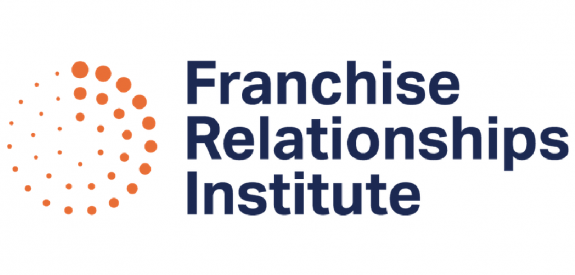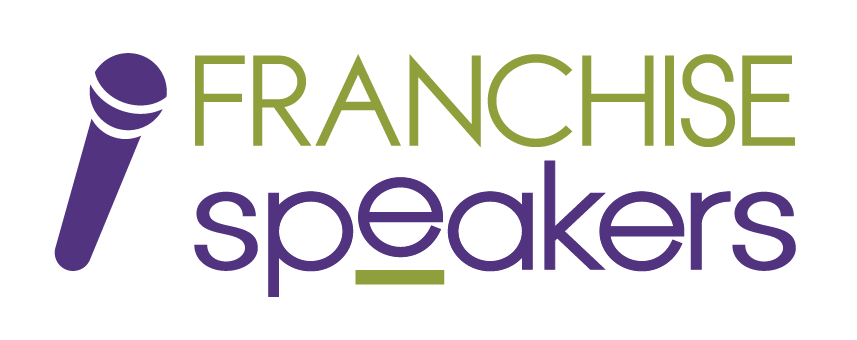How to Create a Stable Franchise Relationship from Greg Nathan

We just LOVE how Greg Nathan is able to reframe his own experiences to help us better improve the way we think about the way we conduct ourselves in business and in our relationships. Take for example, his relationship to one Professor Oscar Mink…
Professor Mink and the 3-Legged Stool
“Early in my professional career, I attended an impactful workshop with a wise old psychologist, the late Professor Oscar Mink. The first thing he told us with a fair degree of passion, and which has since been etched into my mind, was the importance of using models to help us understand the situations we often face in life. He also said a rough model is still better than no model.
I have since developed a number of models to help us and our clients work out what’s going on in the complex world of franchise relationships. One of these is the 3-Legged Stool. As the name suggests, it assumes there are three equally important elements to creating a stable franchise relationship.

The Legal Leg
The first leg refers to the important legal obligations of franchisors and franchisees. While this includes the franchise contract, it also encompasses all relevant Federal, State and Municipal laws, and those pertaining to the industry in which the business operates. While the legal leg is vital for helping to create clarity and certainty in the franchise relationship, if we relied solely on legal contracts to manage our relationships, we would be in trouble. For every legal clause that one lawyer creates, another lawyer will be ready to challenge it when the need arises, which is why litigation is such an expensive way to solve relationship breakdowns. It is also why we need two additional legs to make the franchise relationship work.
The Commercial Leg
The commercial leg explains why franchisors and franchisees choose to enter into a franchise relationship in the first place. This is so they can both make money and expand their business, while minimizing their risk. To work effectively, this commercial relationship needs to be seen as adding roughly equal value to the parties. For the franchisee this means having access to a proven business model that can provide them with a fair return on their investment and hard work. For the franchisor it means being able to safely grow their market share and brand, and generate a fair profit for their risk and hard work. So far so good. But as anyone with experience in franchising will tell you, legal compliance and a sound business model does not in itself guarantee a successful franchise network.
The Psychological Leg
While the legal and commercial legs are based on logic, the decisions we all make in life are largely influenced by emotional factors, many of which exist outside of our conscious awareness. The field of behavioural economics has gained traction in recent years by demonstrating this fact, which brings us to the invisible but powerful psychological leg. Sometimes this is known as the psychological contract, which could be defined as the beliefs and implied mutual expectations that people have of each other.
These beliefs and expectations tap into social instincts that are deeply coded into the human brain, and include such things as feeling respected, being kept informed, having a sense of belonging, feeling in control of the things that affect us, and being treated fairly. The first and last of these needs – being respected and treated fairly – are particularly important for a healthy franchise relationship.
The psychological leg, which goes beyond the transactional, rational focus of the legal and commercial legs, could be summed up as trust and commitment. Trust means franchisees have confidence their franchisor is telling them the truth and won’t do anything to harm their business. Commitment is a willingness by the franchisee to invest time, energy and money to take action on what they are being asked to do. By the way, you can have trust without commitment, but you are unlikely to have commitment without trust.
Why you need all three
An example may be useful. A franchisor develops a new process to help its franchisees compete in a rapidly changing market. The franchise agreement says franchisees must comply with all reasonable new operating procedures, so there is no reason why the franchisor can’t insist they adopt it. They also share data that shows the new process makes commercial sense by saving money, improving productivity or boosting sales. Yet franchisees dig in their heels. They may not trust the accuracy of what they’re being told, or they may suspect the process could damage their business. And even those who do trust that the initiative is a good one, still fail to commit to implementing it. Too hard, too risky, too many other things they need to do. Let someone try it first and they’ll take another look later. Ring any bells?
The message here is, franchisors need to factor all three legs of the franchise relationship into their dealings with franchisees. Without clarity over formal legal obligations, the franchise relationship will quickly descend into opportunistic chaos. Without evidence of tangible commercial benefits, the relationship will not be sustainable. And without trust and commitment, franchisees will become suspicious, defensive and uncooperative. The reality is, the best strategy in the world won’t work if people don’t want it to.”

Professional development to keep your 3-legged stool stable
FRI North America is thrilled to announce the launch of 3 invaluable professional development programs. Each program has been carefully designed to meet the needs of three distinct groups: Senior Executives, Support Staff, & Field Managers. The end result is actionable, applicable, skills training to help every member of your franchise system increase skills, gain understanding, and apply effective tools to enhance franchise relationships system-wide.
- Senior Executives responsible for creating strategy or leading divisional teams. (Franchisor Excellence Masterclass).
- Support Office Staff who interact with franchisees as part of their work. (Culture of Franchising Workshop).
- Field Managers who support franchisees to improve their businesses. (Field Manager Boot-camps).
We are finalizing the calendar now and taking early-bird reservations. Space is limited for each class so please connect with me and let me know which class you are interested in and I’ll get your name on our reservation list!
And with the world of franchise conventions now virtual, Greg is available for live or pre-recorded convention keynotes, workshops and ½ and full day deep dives. Let’s connect!

 Franchise Speakers
Franchise Speakers
